
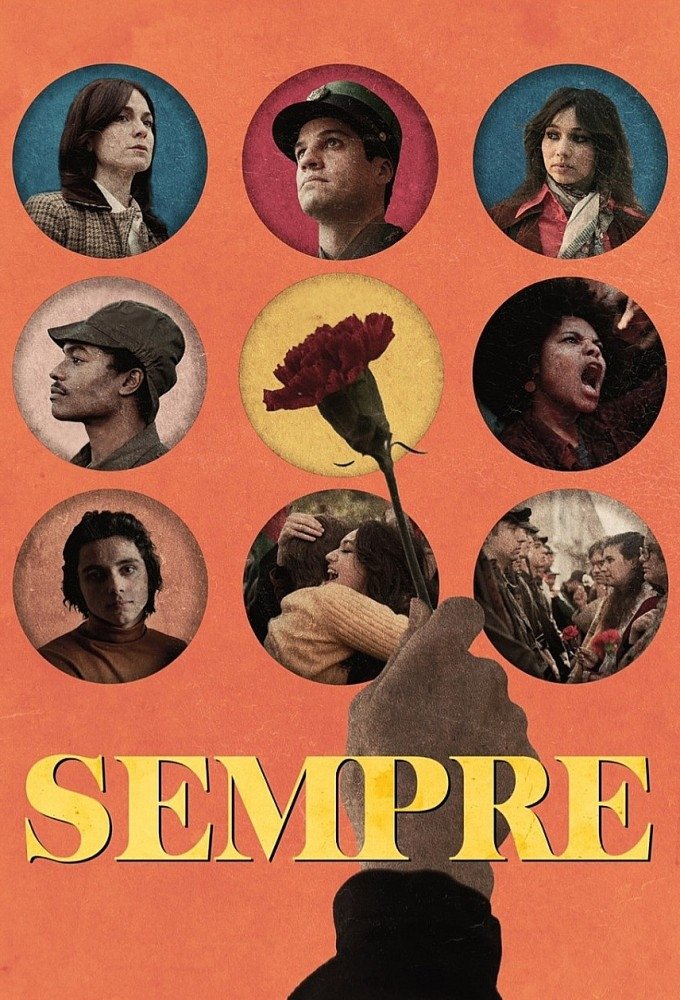
Half a century of dictatorship came to an end on April 25, 1974. The main protagonists, and the unfolding of events, are duly and meticulously portrayed. But hundreds, perhaps thousands of episodes of tension and fear, courage and adrenaline, pain and loss, fury and dreams were experienced by anonymous citizens during the intense hours that changed the country.
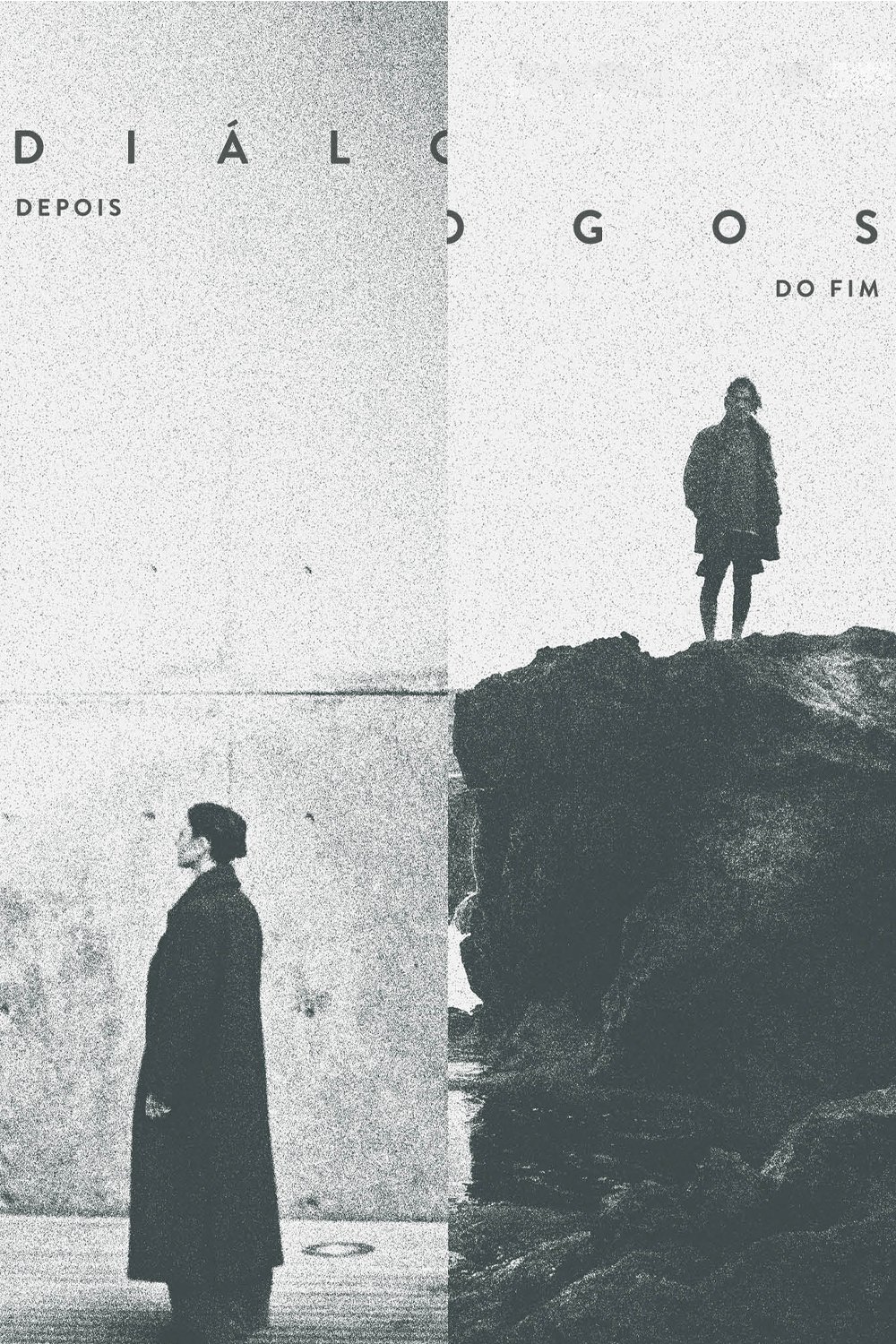
Pavese considered Dialogues with Leucò his best work. Eloquent and at the same time sententious and fragile, but implausible among humanized gods, demigods, heroes, and other pagan figures of Greek mythology, who question, through the imaginary of myths, the society of contemporary man. Out of a time and a certain space, and thus, and like all myths, always current.
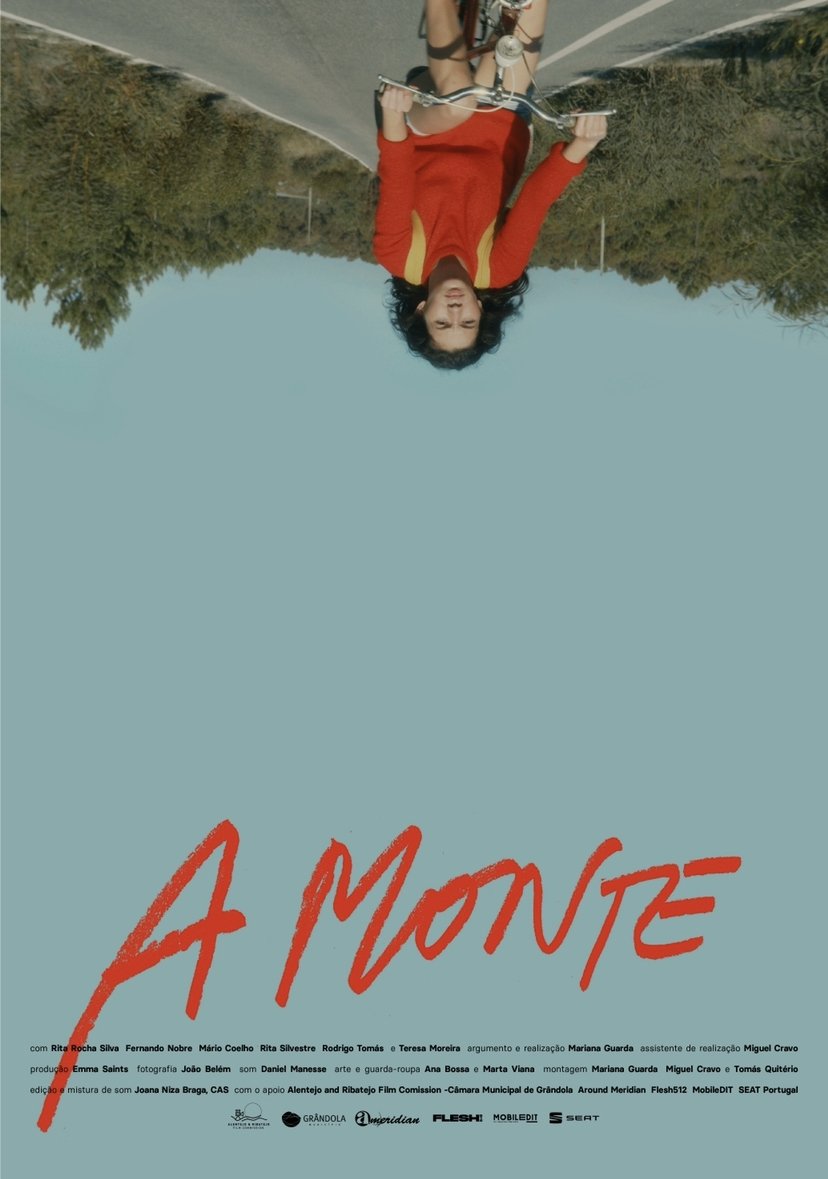

Organized like a dream, structured like a musical and with texts, both spoken and sung, that lead us to unexpected, chaotic and exciting situations, which try to grasp part of what the unattainable Alexandre O'Neill left us.

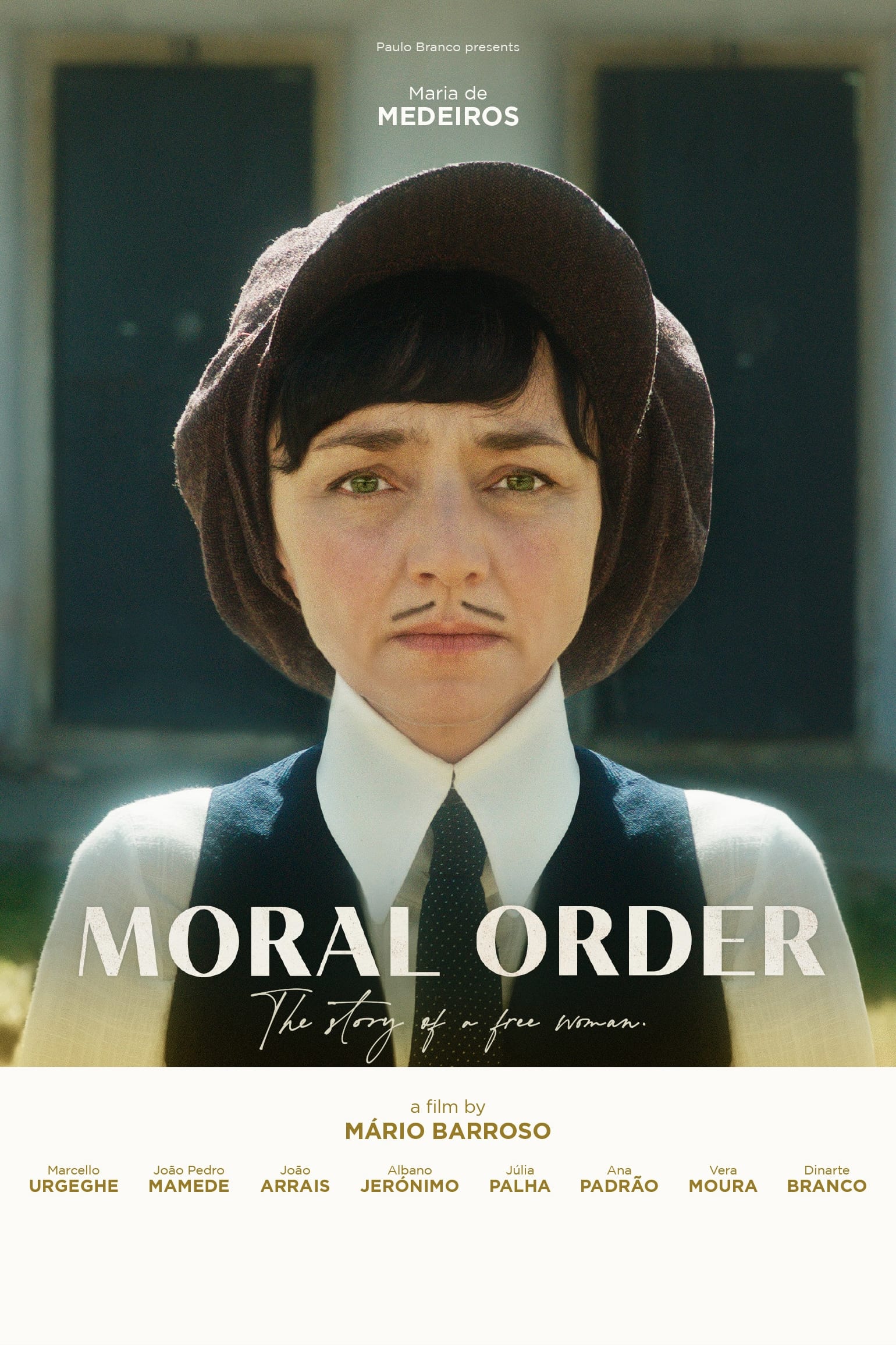
In 1918, Maria Adelaide Coelho da Cunha, heiress and owner of the Diário de Notícias, leaves the social, cultural and family luxury in which she lives to escape with a petty chauffeur, 26 years younger.
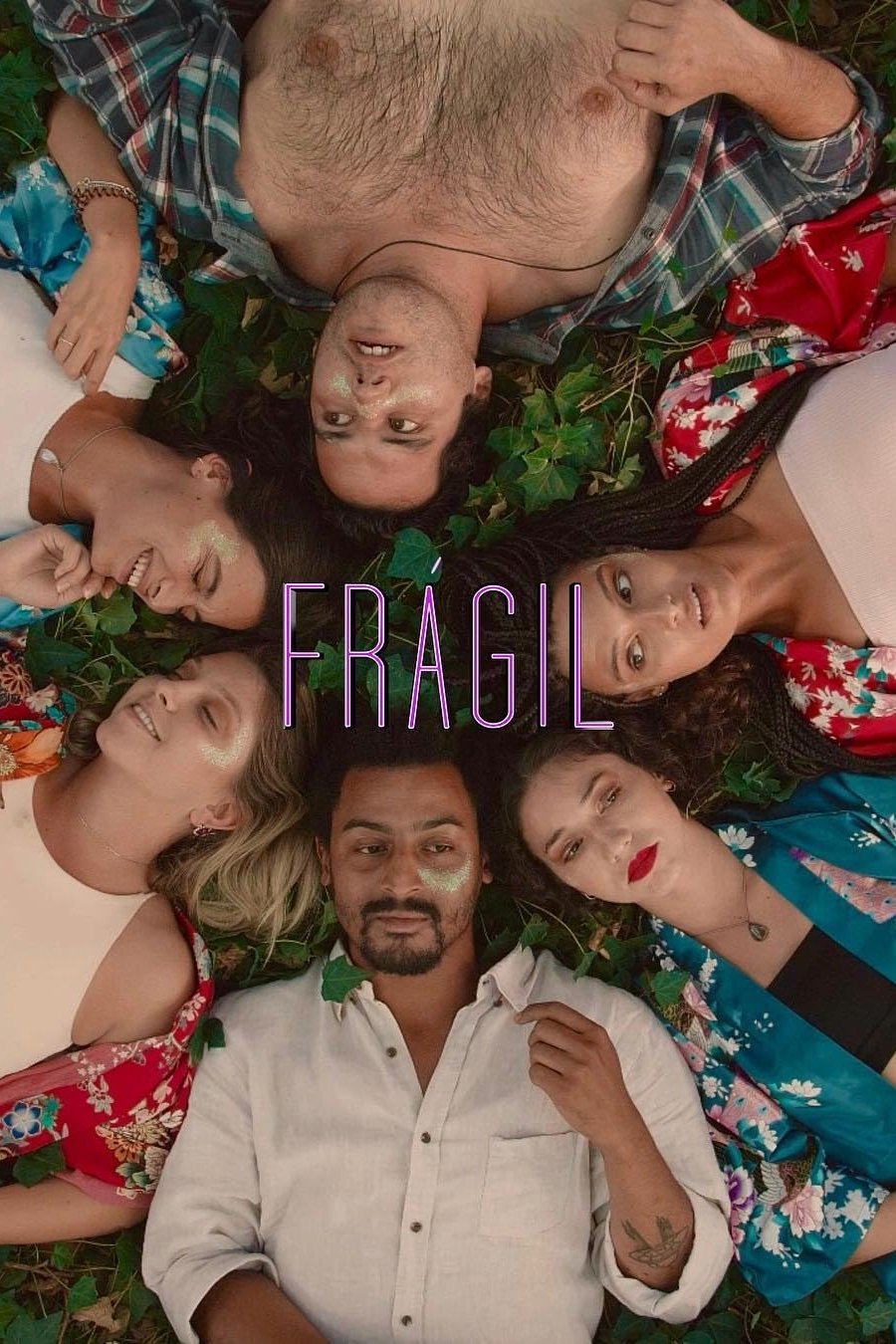
An actress without a job, an artist who struggles to paint and a marketing student from Coimbra. These three young women together, their financial difficulties and existential doubts. Living on a small apartment in Lisbon, they see themselves as allies (most of the time) on the great battle of building their lives. They must share their personal space, food, issues and all kind of awkward situations that life brings upon them.

Idling afternoons, drugs, heartbreaks, psychedelic moods immersed in music. An adrenaline rush. Lisbon as the backdrop for a drifting youth.
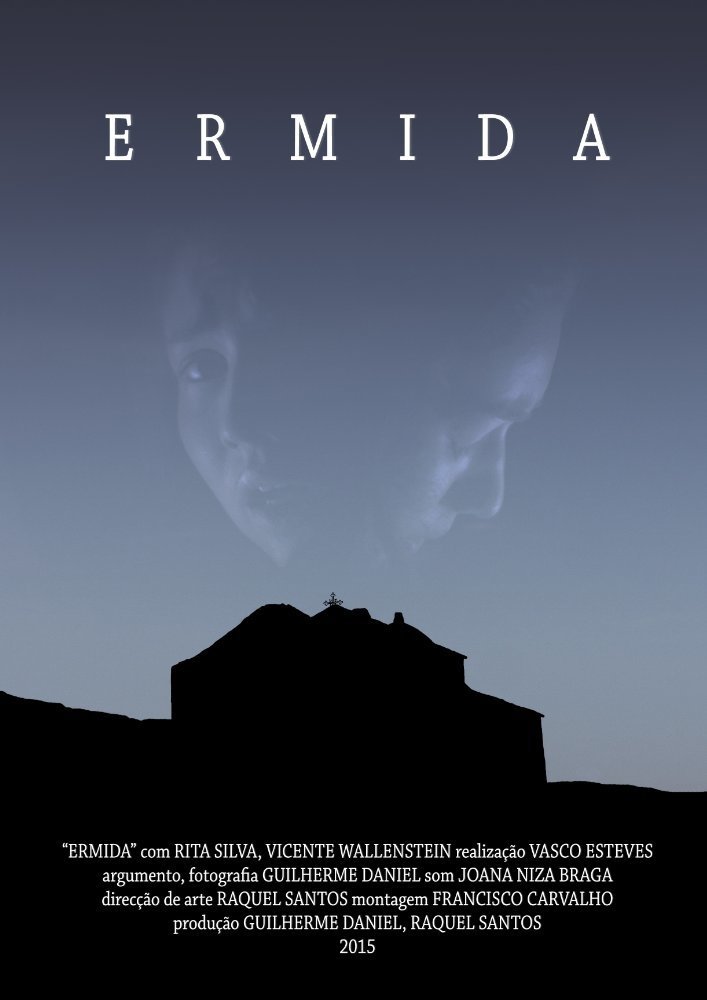
At an abandoned chapel a teenager gives herself to a boy, unsuspecting of what's lurking in the shadows.
By browsing this website, you accept our cookies policy.